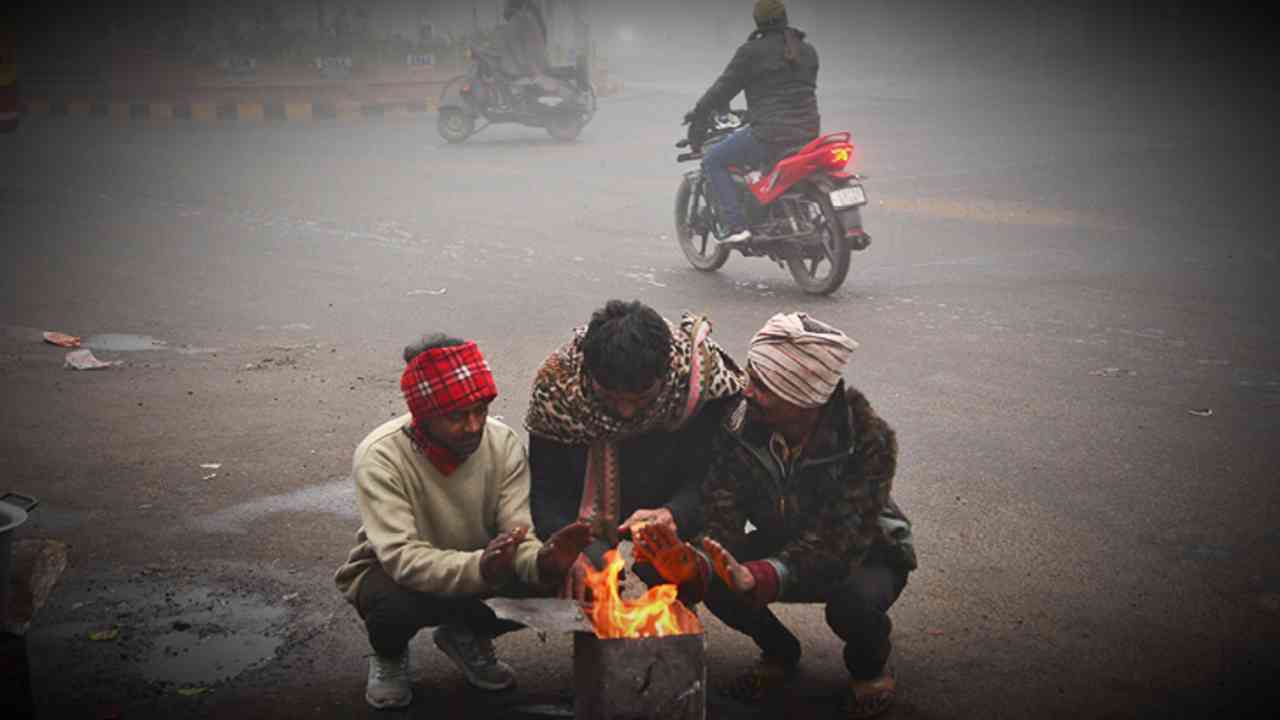As the date for Saphala Ekadashi approaches, confusion arises among devotees regarding its observance. Some believe the fast will be held on December 26, while others suggest it falls on December 27. This article clarifies the correct date and auspicious timings for the sacred fast.
Understanding Saphala Ekadashi
Saphala Ekadashi is observed during the Krishna Paksha (waning phase) of the month of Paush in the Hindu calendar. This day is dedicated to worshipping Lord Vishnu and seeking blessings for success and prosperity. It is believed that observing this fast helps devotees overcome life’s difficulties and attain spiritual merit.
Date and Timing for Saphala Ekadashi 2024
According to the Panchang, Saphala Ekadashi will be observed on December 26, 2024. The Ekadashi Tithi begins on December 25 at 10:29 PM and ends on December 27 at 12:43 AM. Therefore, devotees should observe the fast on December 26.
Important Timings:
- Brahma Muhurat: 5:23 AM to 6:17 AM
- Vijaya Muhurat: 2:05 PM to 2:47 PM
- Ghodhuli Muhurat: 5:29 PM to 5:57 PM
- Nishita Muhurat: 11:55 PM to 12:49 AM
Parana Time (Breaking the Fast)
The Parana (breaking of the fast) for Saphala Ekadashi will take place on December 27, 2024, between 7:15 AM and 9:20 AM. It is essential to break the fast during this time to receive maximum spiritual benefits.
Rituals and Mantras for Saphala Ekadashi
Devotees are encouraged to perform specific rituals during Saphala Ekadashi:
- Worship Lord Vishnu with devotion.
- Recite Mantras such as:
- “ॐ श्री त्रिपुराय विद्महे तुलसी पत्राय धीमहि तन्नो तुलसी प्रचोदयात्”
- “ॐ तुलसीदेव्यै च विद्महे, विष्णुप्रियायै च धीमहि, तन्नो वृन्दा प्रचोदयात्”
- “ॐ श्री विष्णवे च विद्महे वासुदेवाय धीमहि तन्नो विष्णुः प्रचोदयात्”
- Offer Tulsi leaves, fruits, and sweets during the puja.
Conclusion
Saphala Ekadashi is a significant occasion for devotees seeking blessings from Lord Vishnu. Observing the fast on December 26, along with the prescribed rituals and timings, can lead to spiritual growth and fulfillment of desires.
Disclaimer: The information provided in this article is based on traditional practices and beliefs regarding Saphala Ekadashi. Readers are encouraged to use their discretion and consult local customs.












